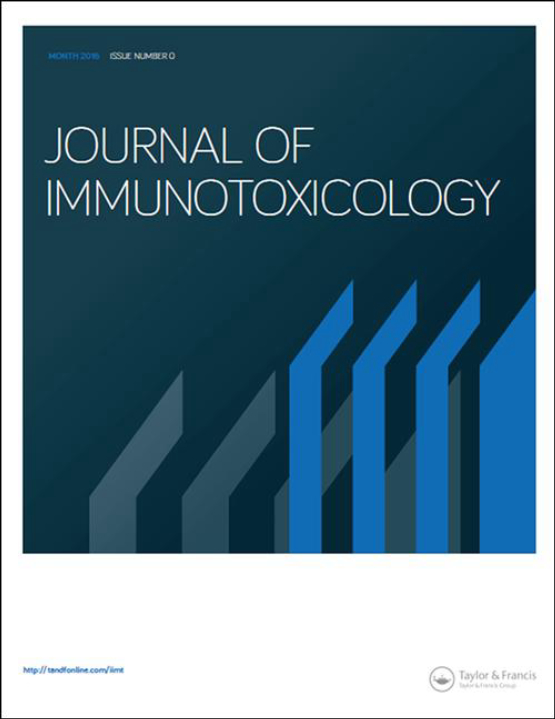Submit a Manuscript to the Journal
Journal of Immunotoxicology
For an Article Collection on
Maternal, Fetal, Neonatal, & Developmental Immunotoxicology
Manuscript deadline
31 May 2024


Article collection guest advisor(s)
Dr. Kazuichi Nakamura,
Hokkaido University, Hokkaido, Japan
[email protected]
Maternal, Fetal, Neonatal, & Developmental Immunotoxicology
Exposure of xenobiotics to mother during gestational period may affect the development of the fetal immune system and pregnancy. In human, the gestation is an important period for the development of the immune system. The maturation of T cells in the thymus takes place in the first trimester of pregnancy. Compartments in peripheral lymphoid organs such as spleen and lymph nodes are formed before birth. For pregnancy, some specialized immunological mechanisms should work to accept semi-alloantigen derived from father. If the mechanisms are impaired, abortion and other related complications may occur. Xenobiotics which have immunotoxicological potentials may disrupt the development of the immune system and healthy pregnancy.
As suppressive effects of xenobiotics on the fetal thymus, mature T cells are not distributed in the spleen, lymph nodes and other peripheral lymphoid organs. As the result, immunosurveillance for pathogens or cancer is dampened. Furthermore, aberrant differentiation of T cells in the thymus may generate autoreactive T cells evading negative selection. If these autoreactive T cells are activated in the periphery (outside the thymus), autoimmune diseases can be caused. The immune network disrupted in early life stage subsequently bring chronic diseases. As placenta formation is a key factor of healthy pregnancy, the immunological mechanism is closely involved especially in spiral artery remodelling. The assessment of immunotoxicological risk caused by exposure of xenobiotics to mother during gestational period is important.
A large number of research on immunotoxicities of xenobiotics have been reported in the past several decades, however, the articles dealing with their immunotoxicological effects on the developing immune system and pregnancy are not many. Research extending the immunotoxicities to pregnant females are anticipated. There are currently emerging issues regarding immunoenhancement of new modality drugs such as antibody and oligonucleotide drugs. Regulatory concerns have brought publication of the guidance documents in some countries. Data gathering and sharing which are beneficial for the people of drug manufactures and basic researchers are encouraged through submission of related articles to the Journal of Immunotoxicology. Juvenile immunotoxicities are included in this topic. As the structure of the immune system of rodents is less immature than humans at delivery, papers with elaborate study design are expected to extrapolate the rodent data for human. As for antibody drugs which do not cross the placenta at early pregnancy in human, data from studies using non-human primates are valuable. Innate immune system should be highlighted for oligonucleotide drugs, because these may bind to endosomal toll-like receptors leading to inflammatory reactions. In addition to original papers, review articles about the immunotoxicological effects on the development of the fetal immune system and pregnancy are highly appreciated for research guidance on this subject.
Benefits of publishing open access within Taylor & Francis
Global marketing and publicity, ensuring your research reaches the people you want it to.
Article Collections bring together the latest research on hot topics from influential researchers across the globe.
Rigorous peer review for every open access article.
Rapid online publication allowing you to share your work quickly.
Looking to Publish your Research?
Find out how to publish your research open access with Taylor & Francis Group.
Choose open accessSubmission Instructions
Please contact Sam Zhang ([email protected]) if you have any questions or guidance.
All manuscripts submitted to this Article Collection will undergo desk assessment and peer-review as part of our standard editorial process. Guest Advisors for this collection will not be involved in peer-reviewing manuscripts unless they are an existing member of the Editorial Board. Please review the journal Aims and Scope and author submission instructions prior to submitting a manuscript.